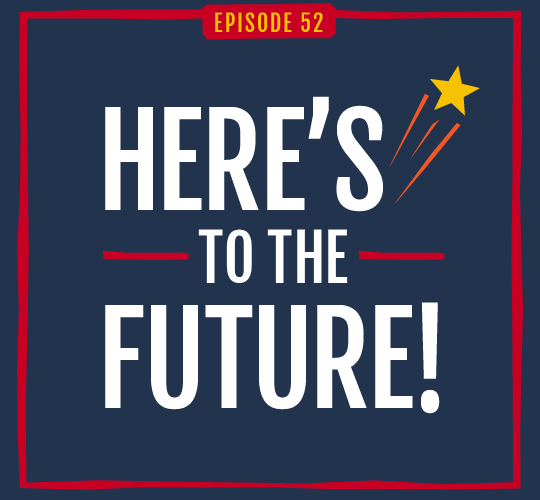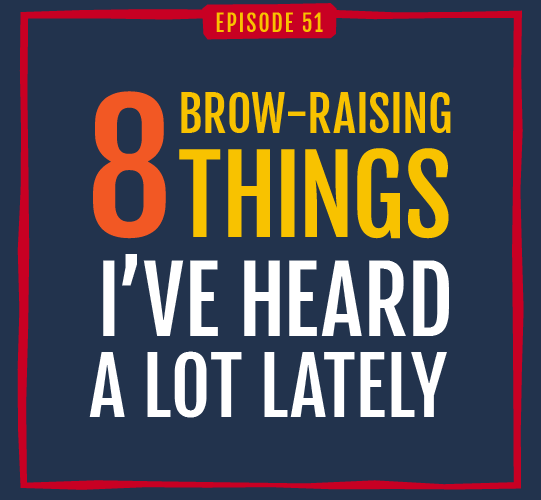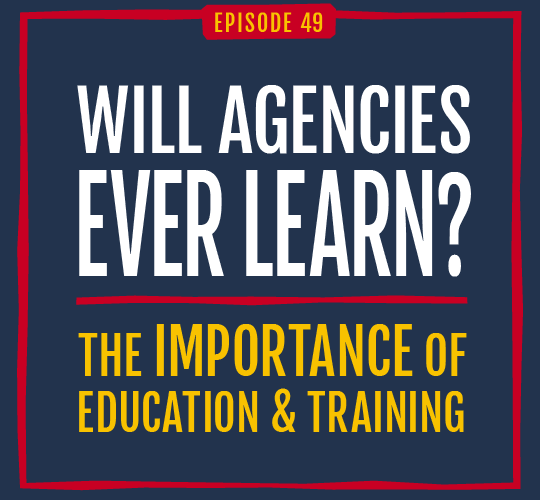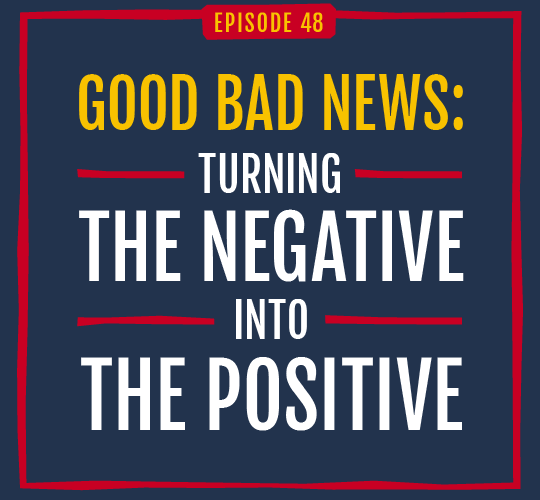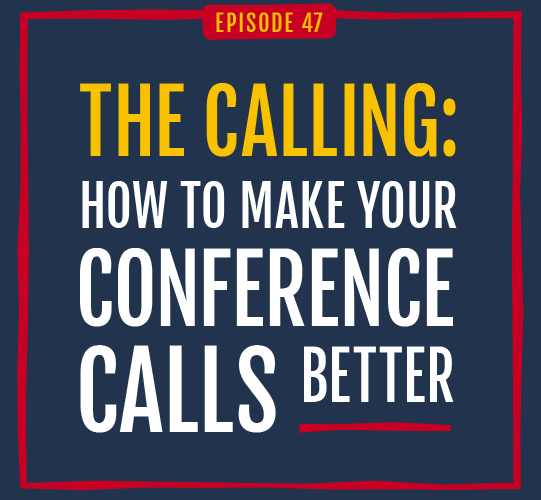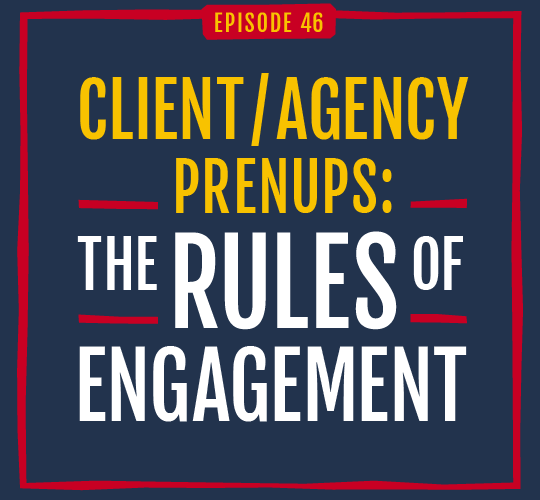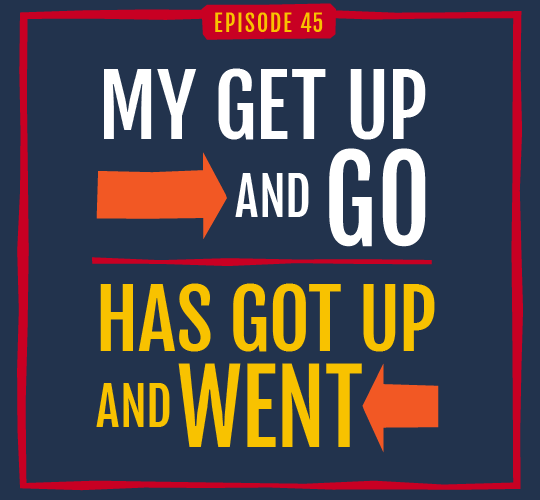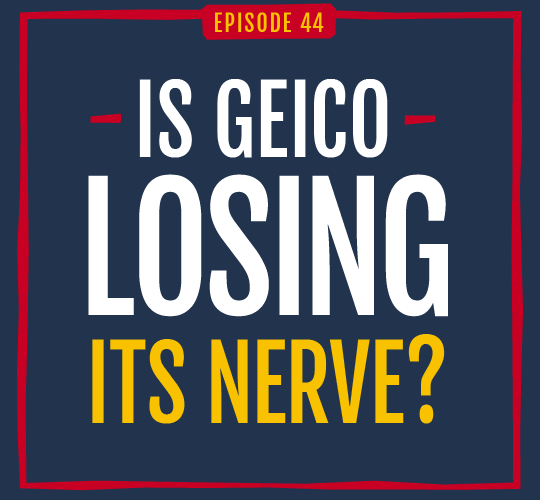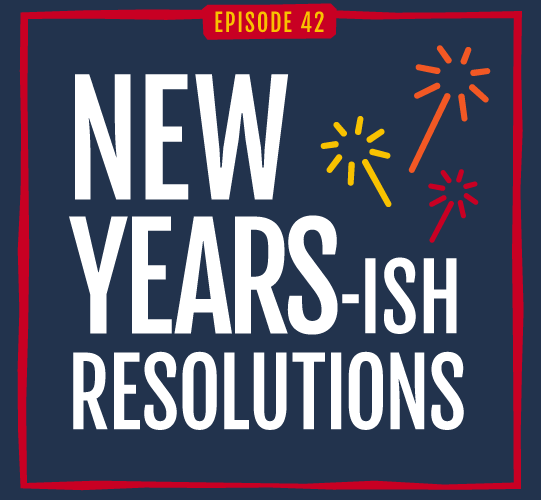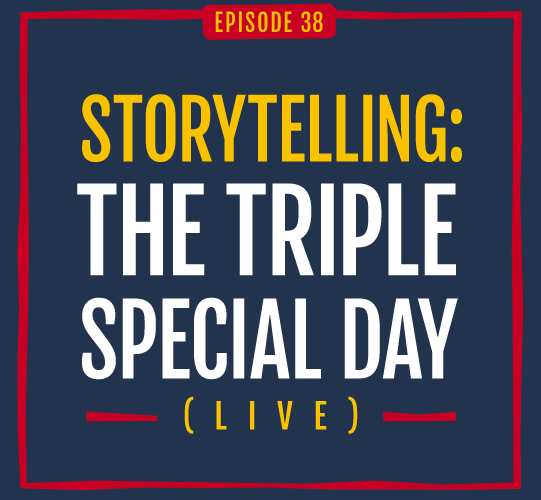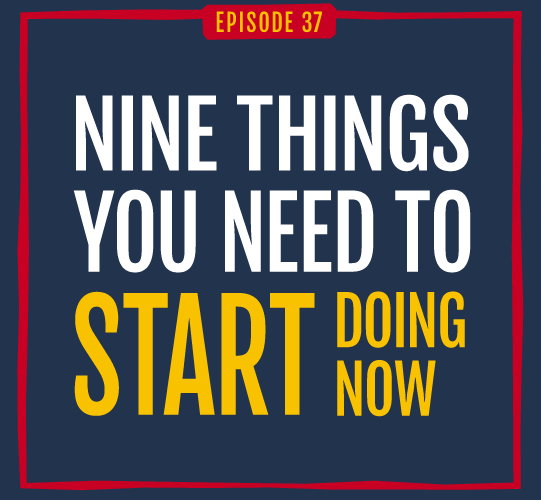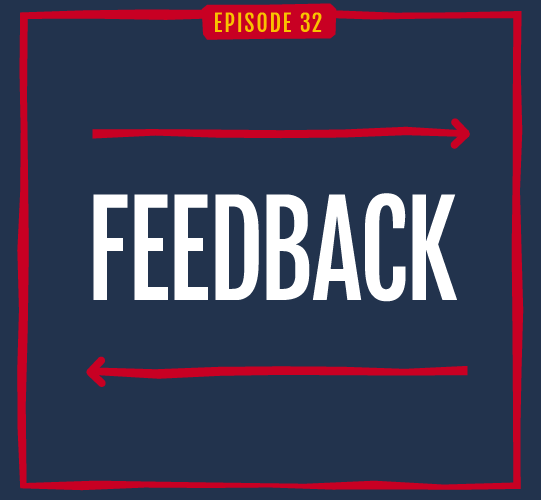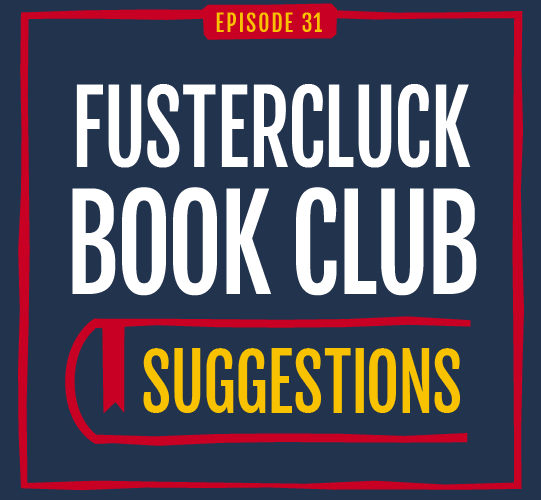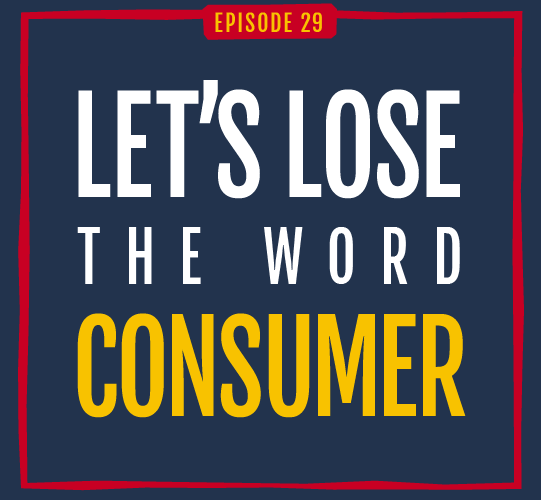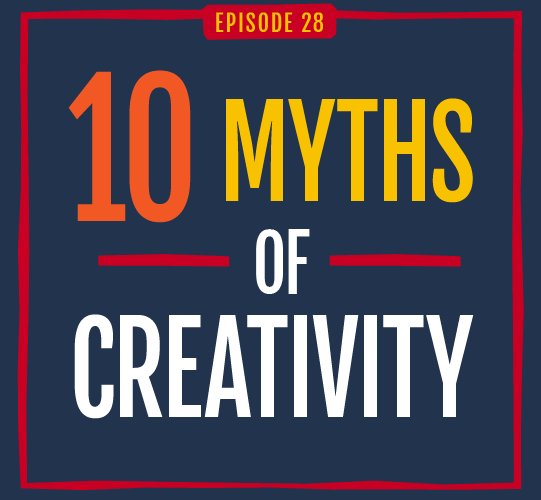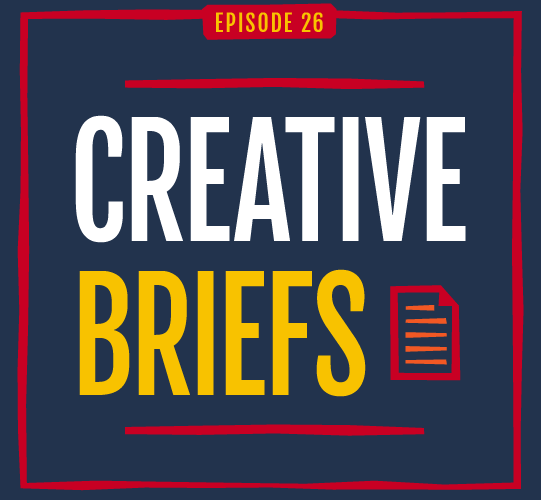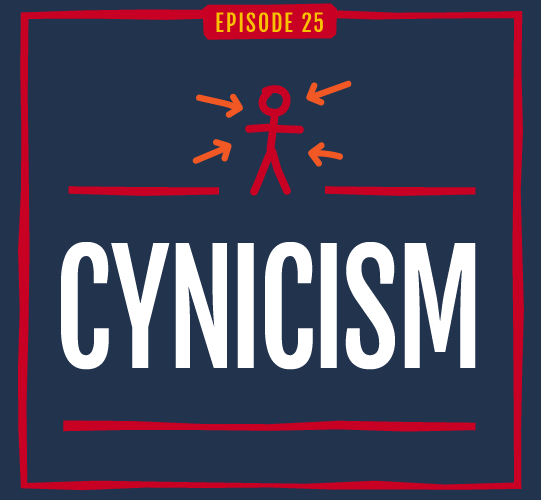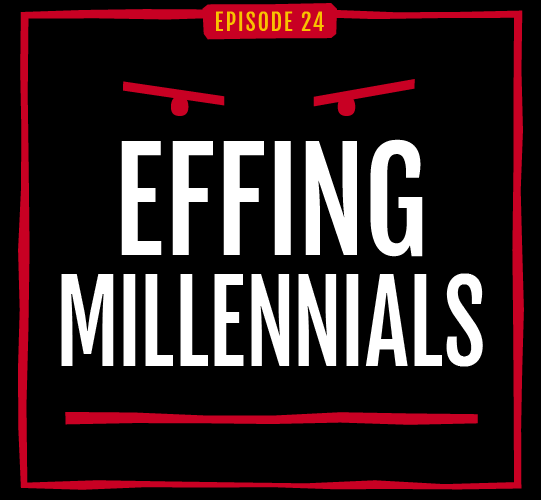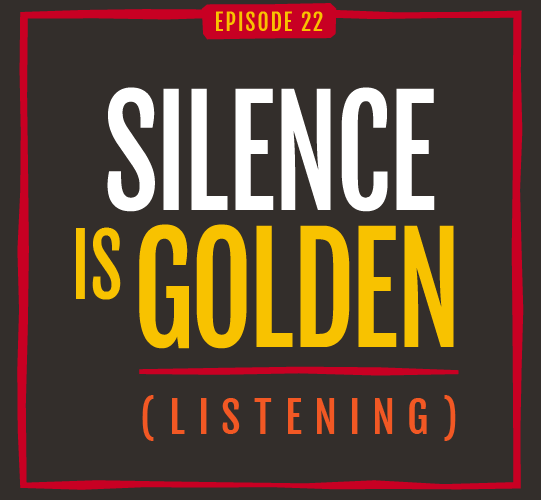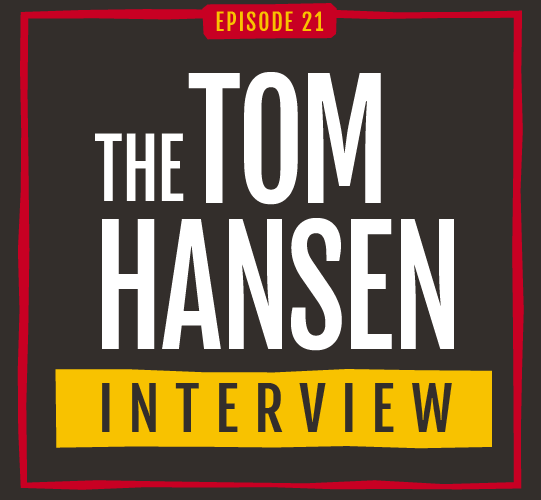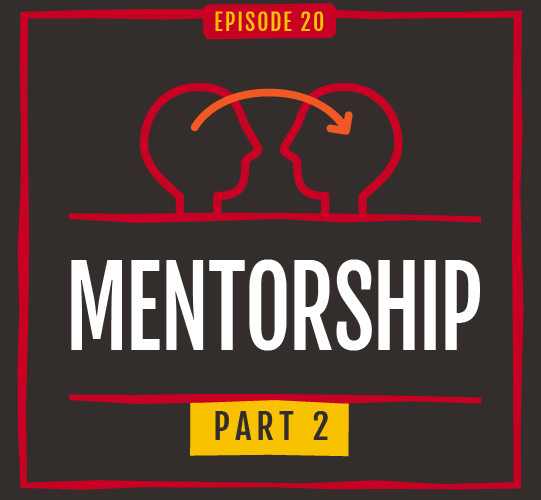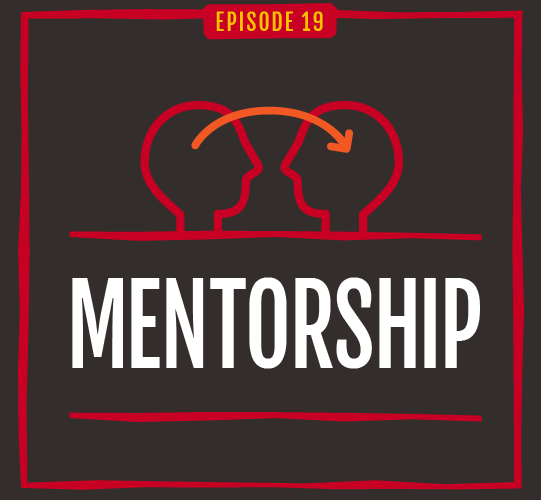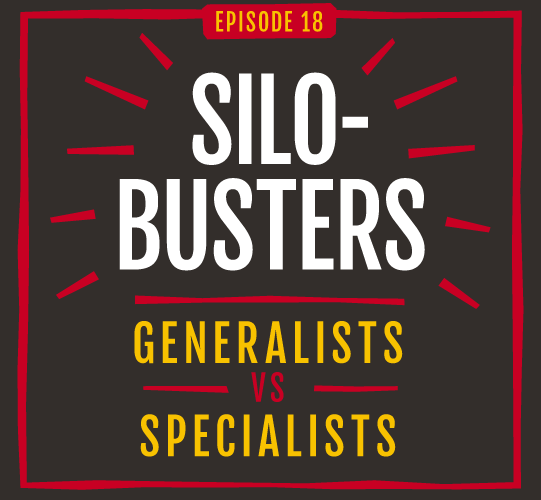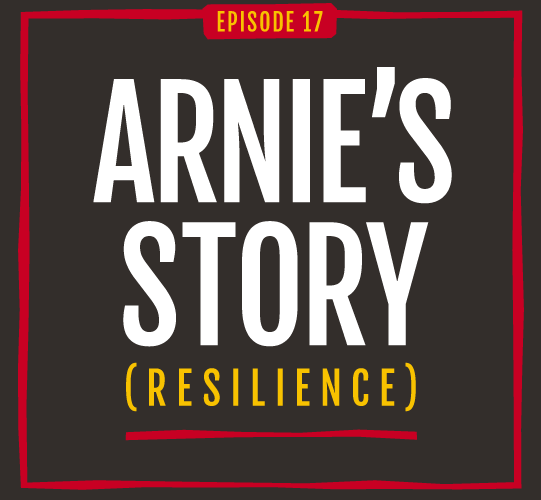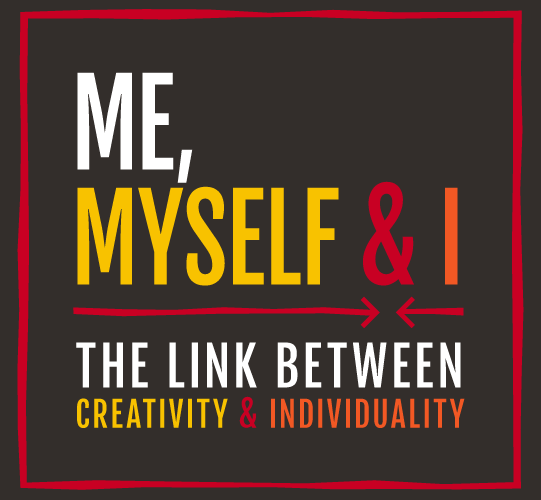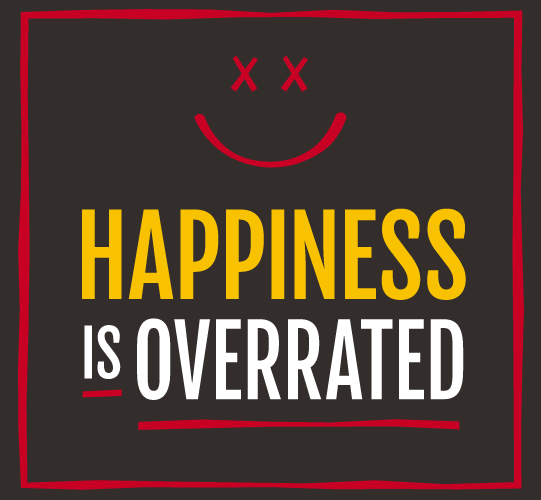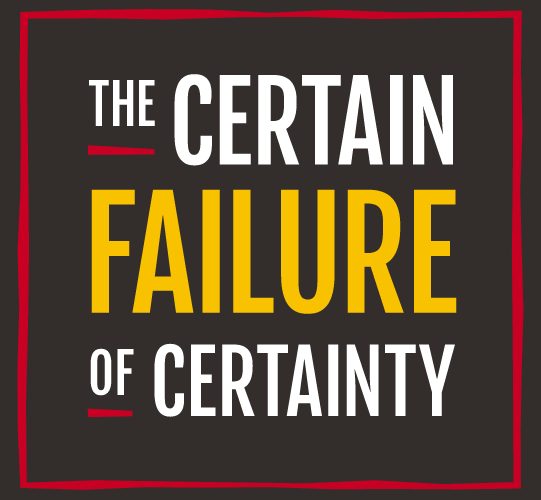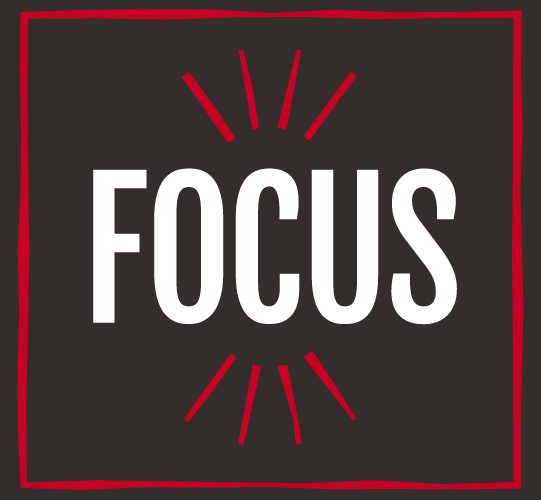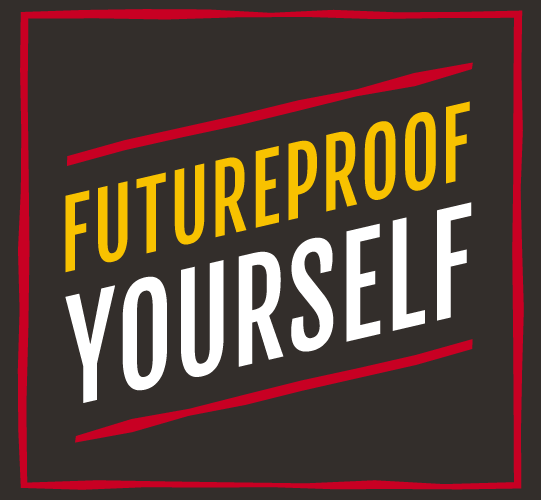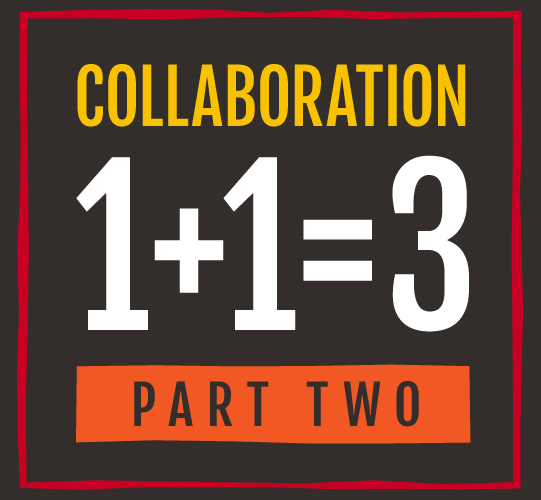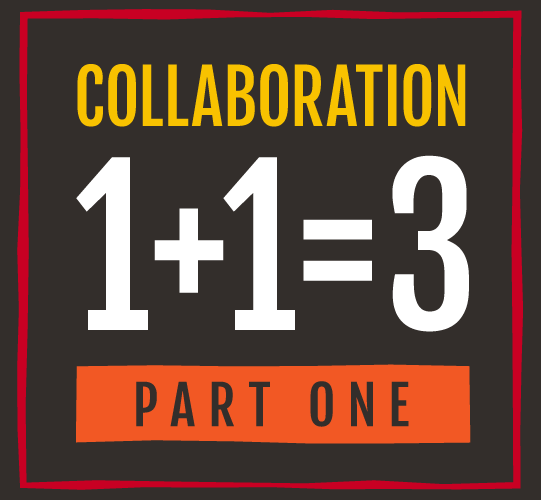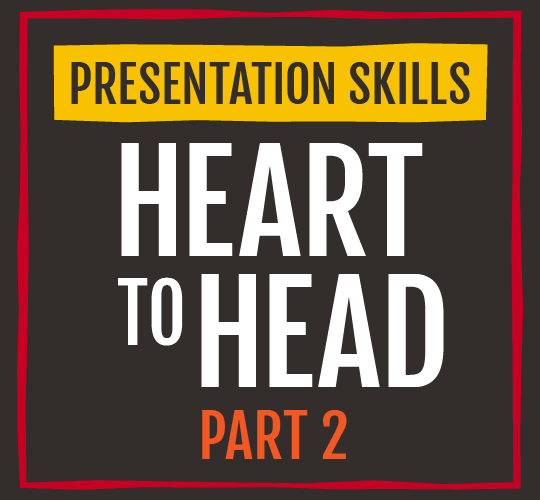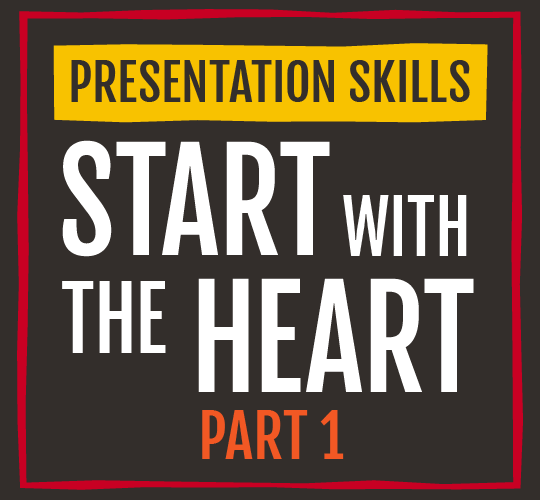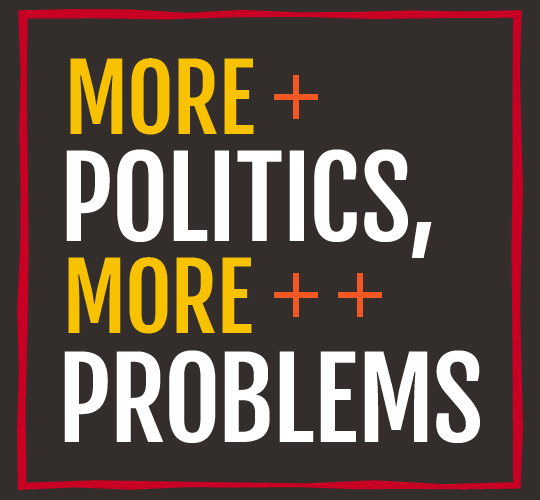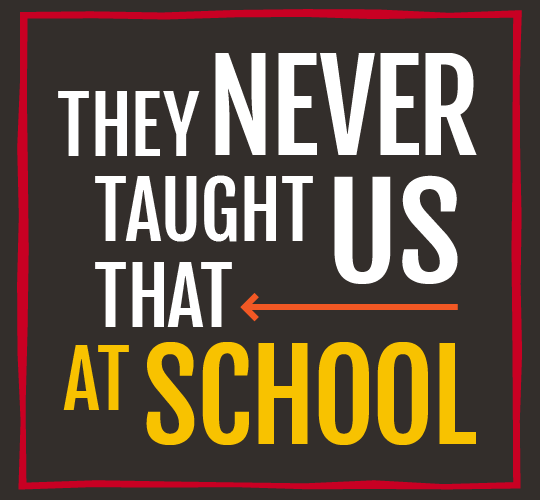Welcome to Episode 43 of Navigating the Fustercluck—a podcast full of snackable insights to help you navigate the tangled-up world of creativity & marketing.
My name is Wegs, like eggs with a W, joining you from Deaf Mule Studios in Dallas, where we’re just settling into the New Year. And people are already talking about the upcoming award shows. Kinda insane. But I get it. As a former creative, at least I think I get it.
Full disclosure, as a planner, I’ve been part of multiple Lion-winning efforts. Everything from business travel work for an airline to beer work,
right down to everybody’s Yellow Brick Road to hardware: philanthropies.
I’m proud of those efforts. Excited as hell for the first ones.
Yet over the years, I’ve had to mull over what place they have in my heart and in the industry- both good and bad.
Let’s take a minute or two to talk about the granddaddy of them all…
Cannes
If you’ve never gone, go! (I’ve been a grand total of 1 time.)
If you work for a holding company, you’ll see where the bonus you were hoping for went. (Unfortunately, I’m only semi-joking.)
But now that clients are increasingly in on this boondoggle, you can expect Cannes to keep on growing.
The funny part is that every year you have to go to Europe to find out that everything is, will be or should be online. But since sand tends to mess with one’s keyboard, I guess you need to go directly to France to hear this message in person.
That said, some of the workshops are amazing. I remember Marc Landsberg from Social Deviant blow away the audience that came to see him speak with straightforward actionable insights and practical tools. Picked up a few tricks from the Pop-Up Agency, too.
As for keynoters…It’s pretty much the same ol’ speakers circuit. Celebrities and bigshots giving the same speeches they give everywhere. “Customizing” their talks like a rock star customizes their audience shouout…Hello Cannes!!!!!
Funny enough, most of these talks are available- da, da, da tuh-dah!- online.
I guess starpower sells. Or the organizers and VIP’s are looking to upgrade the “Like” counts of their selfies.
Don’t get me wrong, there’s good stuff to see, but not as much as you might think. And since everyone is looking to upgrade their personal network, the people you want to network with are usually too busy to give you much time.
However, the parties you attend are amazing. I can only imagine the parties that I couldn’t get in. Who knew how strong the yacht market was. “Yachting” is still a thing in that neck of the woods. Or water to be more precise.
And Hell, it’s the South of France. The French Riviera, dammitt! It’s simply gorgeous.
All that said, as a face-to-face guy, it’s kinda cool to have so many people gather in one place at one time. Makes you feel that you’re part of something semi-important.
Clients
Earlier, I mentioned clients at Cannes. Cannes was long the refuge of agency and production types. Last decade, more & more clients started to attend Cannes. Is that a good thing? It is when they’re truly interested in making the work better. Not so much when they come unprepared for their panel appearances or talks because they’ve either been to a party or are headed to a party. Rose goes down easy, but it eventually catches up to you.
Like SXSW in Austin, Cannes has become Spring Break for cool nerds and ad types. The only noticeable difference is one features skinny black jeans and the other Capri pants. Six of one, and a half-dozen of the other.
When it comes to award shows, and the Award Show Industrial Complex, that keeps increasing the number of shows and awards to the point where participation awards are right around the corner, Cannes is just the tip of the iceberg. And coming on the heels of the Cannes Film Festival, the Cannes Festival of Creativity- the ad version- is the elephant of the room perhaps because it basks in the glow of creative people who are generally held in much higher regard. Maybe we’re hoping to have some of that light shine upon us.
Do We Even Need Award Shows?
Hmmmm…
I’m not sure if we do or not. But even though some agencies have pulled out from them, temporarily, they’re not going away. Even the majority of those bold enough to pull out, have subsequently returned. So, let’s try to understand their appeal and the good they can do. Individually…
People Crave Recognition
Don’t we? And when you work in a highly subjective field where praise is often scarce or feint, and the recipients of your work are not always outwardly appreciative, it’s nice to know somebody thinks you’ve got something on the ball.
Maybe it’s validation. Maybe it’s self-esteem. Maybe you’re competitive. Maybe your shelves are bare and could use some shiny statues. Whatever it is, awards fill a void for many. While they’re the icing on the cake for others.
At the very least, they’re a welcomed relief to some very hard working people.
Money
The best things in life are free, but you can give them to the birds & bees; give me money, that’s what I want. That’s the sentiment of the old Motown classic, Money. And it’s the motivation for many. Man cannot live on awards alone, but the raises and bonuses they bring can do the trick.
Considering how underpaid many in the industry feel, an award or two can make the difference between comfort and Ramen noodles every night. And who am I to begrudge anyone making a buck?
Whether people are motivated by ego or money, we have to talk about the following…
Award-Winning Work vs Winning Work
Fake news. It’s a media and political topic. While fake work is an ongoing issue in advertising and design.
It’s pretty easy to spot fake work. Work created with the primary intent of… winning awards.
Is fake work inherently evil or ill-intentioned?
No, hardly. But it is like lowering the bar. Cheating a bit.
Face it, declaring that work is work doesn’t really work in this debate.
Our prime directive is enhancing the profits of our clients, not our own portfolios.
Is there a happy medium? What if we did this?
Let’s Right-Size the Trophies
Make the lower bar work half the size of a full-size Lion. Make it a Lion Cub. Or just eliminate this kind of work. Create other contests for it. Have an entirely separate award for charities and philanthropies. Work that does good but rarely faces the high hurdles of commercial work. Winning work for your clients. Speaking of clients, let’s talk about their reactions to awards.
New Business
It may just be my perspective, but awards seem to mean less to clients and potential clients than they used to. Sure, there are award-seeking clients like Burger King and Old Spice, but aren’t they the exception to the rule?
I think many clients are distrustful of awards. Wondering if they demonstrate a lack of priorities. Wondering if creatives are more focused on award-winning accounts rather than theirs. And I’m not sure that I blame them. Many of us have witnessed fake work receive hours clients paid for. Even production “favors” used to finance fake work. Know what? That’s bullshit. It’s unethical. Sometimes it’s illegal. And it just ain’t right. People pay us to do a job. Don’t like the terms, talk to those who negotiate them.
Perhaps if the awards were more focused on real work, clients would respect and covet awards more.
The Award Show Industrial Complex
I want to be not just a fan of awards but a cheerleader. It just seems that we’ve devalued them so much. The question is how do we extract them from the control of the Award Show Industrial Complex? The people who claim to celebrate creativity but also seem to sell tourism. Validation. Dreams. And a good dose of glamour to a business that sometimes misses the allure it had yesteryear. Something many young professionals hope to bring back and enjoy.
Young Professionals
Wanting to make their bones, I get why young creatives are so hungry to win awards. Some of them feel they need to justify why they spent so much money on advertising and design “finishing schools” that promise them a glorious future yet don’t have the pay or cache of other graduate programs. While I’m not sure how many people outside the industry know or care about these awards, they still mean a lot to most of their winners.
All Right Then…Time to Take a Short Breather… (EXHALE.)
…We’re here at Deaf Mule Studios to remind everyone that this is Navigating the Fustercluck. And I’m your host, Wegs. And this inner dialogue about awards and award shows is one that is becoming more & more vocal. I would love to hear your thoughts at wegs24x7@gmail.com.
Well, that about wraps up our 43nd episode of Navigating the Fustercluck.
Here from Deaf Mule Studios, I’m your host, Wegs, like eggs with a W, and thanks again for listening in and supporting us. And again, please feel free to reach out to me personally at wegs24x7@gmail.com or NavigatingTheFustercluck.com, where you can find transcripts to this episode and every other of our 42 efforts. Finally, no matter how many awards you may or may not have, remember, we’re all in this together. So thanks for hanging in there. Here’s to you. Here’s to the future. May there be an award or two in yours . (If that’s what you want.) Take care.
Episode Forty-Three:
The Award Show Industrial Complex
Welcome to Episode 43 of Navigating the Fustercluck—a podcast full of snackable insights to help you navigate the tangled-up world of creativity & marketing.
My name is Wegs, like eggs with a W, joining you from Deaf Mule Studios in Dallas, where we’re just settling into the New Year. And people are already talking about the upcoming award shows. Kinda insane. But I get it. As a former creative, at least I think I get it.
Full disclosure, as a planner, I’ve been part of multiple Lion-winning efforts. Everything from business travel work for an airline to beer work,
right down to everybody’s Yellow Brick Road to hardware: philanthropies.
I’m proud of those efforts. Excited as hell for the first ones.
Yet over the years, I’ve had to mull over what place they have in my heart and in the industry- both good and bad.
Let’s take a minute or two to talk about the granddaddy of them all…
Cannes
If you’ve never gone, go! (I’ve been a grand total of 1 time.)
If you work for a holding company, you’ll see where the bonus you were hoping for went. (Unfortunately, I’m only semi-joking.)
But now that clients are increasingly in on this boondoggle, you can expect Cannes to keep on growing.
The funny part is that every year you have to go to Europe to find out that everything is, will be or should be online. But since sand tends to mess with one’s keyboard, I guess you need to go directly to France to hear this message in person.
That said, some of the workshops are amazing. I remember Marc Landsberg from Social Deviant blow away the audience that came to see him speak with straightforward actionable insights and practical tools. Picked up a few tricks from the Pop-Up Agency, too.
As for keynoters…It’s pretty much the same ol’ speakers circuit. Celebrities and bigshots giving the same speeches they give everywhere. “Customizing” their talks like a rock star customizes their audience shouout…Hello Cannes!!!!!
Funny enough, most of these talks are available- da, da, da tuh-dah!- online.
I guess starpower sells. Or the organizers and VIP’s are looking to upgrade the “Like” counts of their selfies.
Don’t get me wrong, there’s good stuff to see, but not as much as you might think. And since everyone is looking to upgrade their personal network, the people you want to network with are usually too busy to give you much time.
However, the parties you attend are amazing. I can only imagine the parties that I couldn’t get in. Who knew how strong the yacht market was. “Yachting” is still a thing in that neck of the woods. Or water to be more precise.
And Hell, it’s the South of France. The French Riviera, dammitt! It’s simply gorgeous.
All that said, as a face-to-face guy, it’s kinda cool to have so many people gather in one place at one time. Makes you feel that you’re part of something semi-important.
Clients
Earlier, I mentioned clients at Cannes. Cannes was long the refuge of agency and production types. Last decade, more & more clients started to attend Cannes. Is that a good thing? It is when they’re truly interested in making the work better. Not so much when they come unprepared for their panel appearances or talks because they’ve either been to a party or are headed to a party. Rose goes down easy, but it eventually catches up to you.
Like SXSW in Austin, Cannes has become Spring Break for cool nerds and ad types. The only noticeable difference is one features skinny black jeans and the other Capri pants. Six of one, and a half-dozen of the other.
When it comes to award shows, and the Award Show Industrial Complex, that keeps increasing the number of shows and awards to the point where participation awards are right around the corner, Cannes is just the tip of the iceberg. And coming on the heels of the Cannes Film Festival, the Cannes Festival of Creativity- the ad version- is the elephant of the room perhaps because it basks in the glow of creative people who are generally held in much higher regard. Maybe we’re hoping to have some of that light shine upon us.
Do We Even Need Award Shows?
Hmmmm…
I’m not sure if we do or not. But even though some agencies have pulled out from them, temporarily, they’re not going away. Even the majority of those bold enough to pull out, have subsequently returned. So, let’s try to understand their appeal and the good they can do. Individually…
People Crave Recognition
Don’t we? And when you work in a highly subjective field where praise is often scarce or feint, and the recipients of your work are not always outwardly appreciative, it’s nice to know somebody thinks you’ve got something on the ball.
Maybe it’s validation. Maybe it’s self-esteem. Maybe you’re competitive. Maybe your shelves are bare and could use some shiny statues. Whatever it is, awards fill a void for many. While they’re the icing on the cake for others.
At the very least, they’re a welcomed relief to some very hard working people.
Money
The best things in life are free, but you can give them to the birds & bees; give me money, that’s what I want. That’s the sentiment of the old Motown classic, Money. And it’s the motivation for many. Man cannot live on awards alone, but the raises and bonuses they bring can do the trick.
Considering how underpaid many in the industry feel, an award or two can make the difference between comfort and Ramen noodles every night. And who am I to begrudge anyone making a buck?
Whether people are motivated by ego or money, we have to talk about the following…
Award-Winning Work vs Winning Work
Fake news. It’s a media and political topic. While fake work is an ongoing issue in advertising and design.
It’s pretty easy to spot fake work. Work created with the primary intent of… winning awards.
Is fake work inherently evil or ill-intentioned?
No, hardly. But it is like lowering the bar. Cheating a bit.
Face it, declaring that work is work doesn’t really work in this debate.
Our prime directive is enhancing the profits of our clients, not our own portfolios.
Is there a happy medium? What if we did this?
Let’s Right-Size the Trophies
Make the lower bar work half the size of a full-size Lion. Make it a Lion Cub. Or just eliminate this kind of work. Create other contests for it. Have an entirely separate award for charities and philanthropies. Work that does good but rarely faces the high hurdles of commercial work. Winning work for your clients. Speaking of clients, let’s talk about their reactions to awards.
New Business
It may just be my perspective, but awards seem to mean less to clients and potential clients than they used to. Sure, there are award-seeking clients like Burger King and Old Spice, but aren’t they the exception to the rule?
I think many clients are distrustful of awards. Wondering if they demonstrate a lack of priorities. Wondering if creatives are more focused on award-winning accounts rather than theirs. And I’m not sure that I blame them. Many of us have witnessed fake work receive hours clients paid for. Even production “favors” used to finance fake work. Know what? That’s bullshit. It’s unethical. Sometimes it’s illegal. And it just ain’t right. People pay us to do a job. Don’t like the terms, talk to those who negotiate them.
Perhaps if the awards were more focused on real work, clients would respect and covet awards more.
The Award Show Industrial Complex
I want to be not just a fan of awards but a cheerleader. It just seems that we’ve devalued them so much. The question is how do we extract them from the control of the Award Show Industrial Complex? The people who claim to celebrate creativity but also seem to sell tourism. Validation. Dreams. And a good dose of glamour to a business that sometimes misses the allure it had yesteryear. Something many young professionals hope to bring back and enjoy.
Young Professionals
Wanting to make their bones, I get why young creatives are so hungry to win awards. Some of them feel they need to justify why they spent so much money on advertising and design “finishing schools” that promise them a glorious future yet don’t have the pay or cache of other graduate programs. While I’m not sure how many people outside the industry know or care about these awards, they still mean a lot to most of their winners.
All Right Then…Time to Take a Short Breather… (EXHALE.)
…We’re here at Deaf Mule Studios to remind everyone that this is Navigating the Fustercluck. And I’m your host, Wegs. And this inner dialogue about awards and award shows is one that is becoming more & more vocal. I would love to hear your thoughts at wegs24x7@gmail.com.
Well, that about wraps up our 43nd episode of Navigating the Fustercluck.
Here from Deaf Mule Studios, I’m your host, Wegs, like eggs with a W, and thanks again for listening in and supporting us. And again, please feel free to reach out to me personally at wegs24x7@gmail.com or NavigatingTheFustercluck.com, where you can find transcripts to this episode and every other of our 42 efforts. Finally, no matter how many awards you may or may not have, remember, we’re all in this together. So thanks for hanging in there. Here’s to you. Here’s to the future. May there be an award or two in yours . (If that’s what you want.) Take care.

